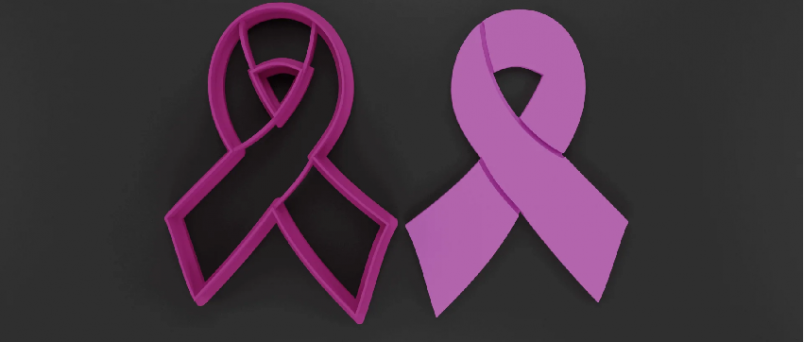Our gynecologic oncology specialists have developed a series of accessible and simple tips for women to have more information about how to prevent breast cancer.
Healthy Life Habits
“It’s fundamental. A healthy life, with a moderate practice of physical activity and a balanced diet protects us against cancer. It is very important to avoid diets rich in saturated fats, which have been related to an increase in breast cancer”, explained Dr. Román.
Do Not Smoke and Avoid Alcohol
Dr. Salinas has been exhaustive about how to prevent breast cancer: “There is no dose of tobacco or alcohol that is not harmful. The consumption of tobacco or alcohol increases the risk of cancer.
Breast Self-Examination
The right time is after menstruation. Perform it once a month, and in case of menopause, always on a fixed day. It is very important to be alert for any skin changes, redness, retraction, asymmetry, lump, or discharge from the nipple.
Carry Out A Correct Self-Examination
by palpation of the breasts and inspection. Extending your hand and with your fingers, make circular movements from the areola to the outside of the breast, trying to distinguish any change or symptom. Lying down, with the arm behind the neck. The right hand palpates the left breast and vice versa. Also standing, raising the arms in search of some asymmetry in the breasts, or pressing the hips hard to contract the pectoral.
Before Any Symptom
change or suspicion, consult the doctor. To prevent breast cancer, the best weapon is early detection.
Mammography Is The Only Recognized Screening Test For Breast Cancer
It detects lesions even before they can be felt. Dr. Feyjoo has underlined this point. “The fact of being able to detect cancer before it shows symptoms puts us in a position of early treatment that increases therapeutic effectiveness and the possibility of success”
Mammography Should Be Performed From The Age Of 40
once a year (if there is a family history) or every two if there is not. Testing should continue until age 75.
Cancer Has A Certain Genetic Load
It is very important to identify individual risks, paying special attention to the following factors: genetic and familial, demographic, reproductive, lifestyle and breast density.
Family History
also counts and for this reason, it is necessary to consider the presence of breast cancer in the family, since the hereditary syndrome is present in between 5 and 15% of diagnoses.
Perform An Annual Gynecological Review
The three experts have stressed the importance of going to the specialist for a check-up every year. “Early detection is a key factor in preventing breast cancer. The sooner we can start working to tackle the disease, the better the result will be”, concluded Dr. Román.
You may like to read 10 tips to prevent cancer in your day-to-day life

